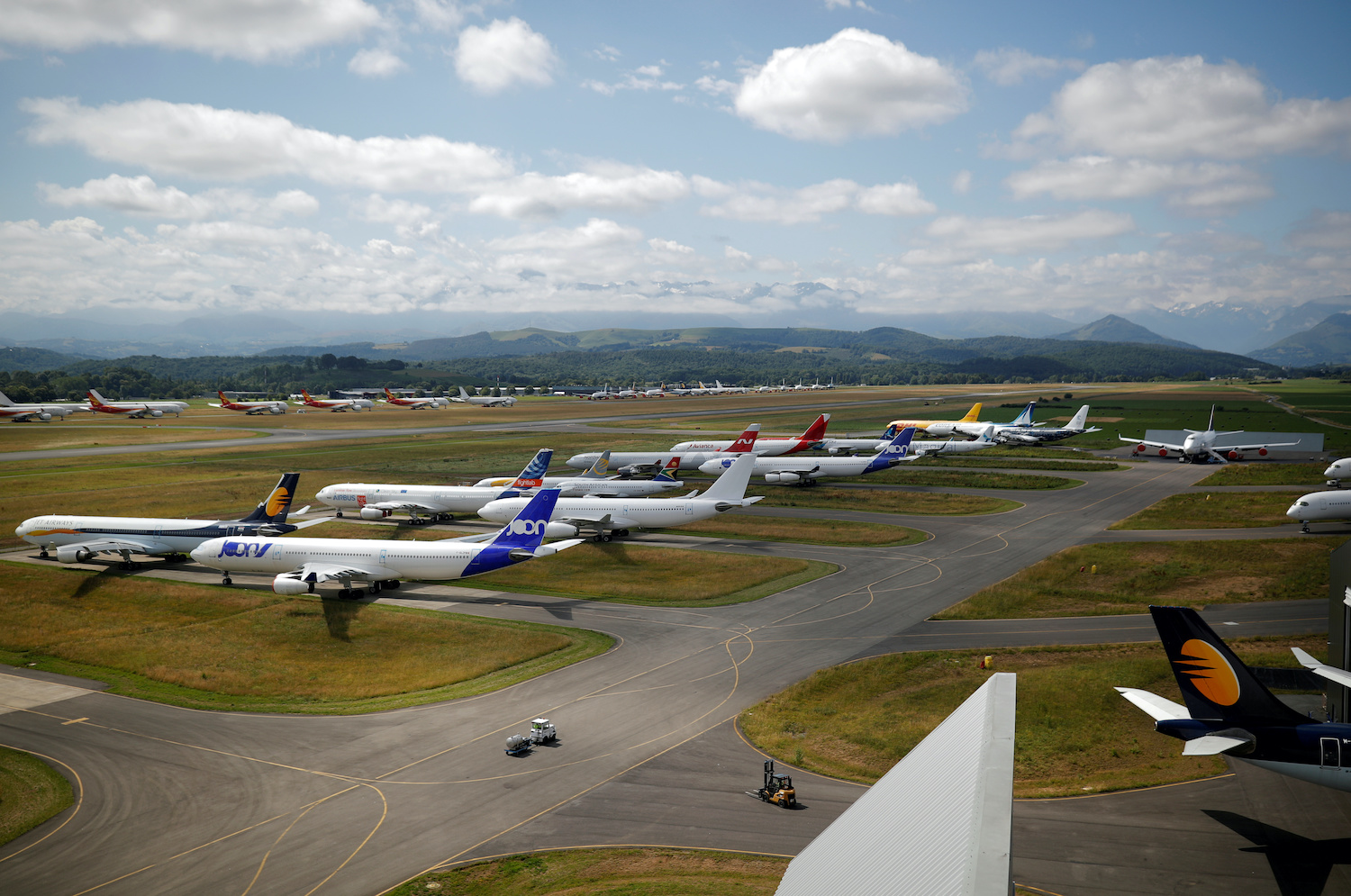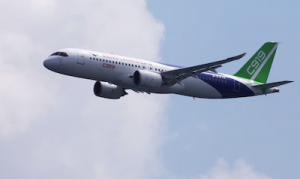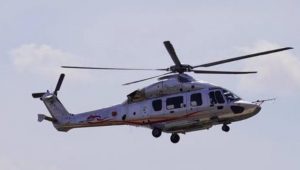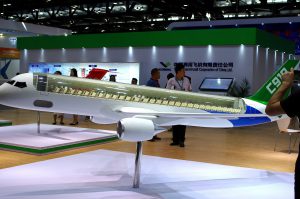Airlines stuck with parked planes because of the Covid pandemic are pushing back maintenance deadlines on parts and safety equipment.
Special Covid waivers from plane manufacturers and regulators are allowing airlines to delay tasks like changing life vests, testing oxygen bottles and checking emergency exits.
This means airlines can stop the clock on a category of parts that would otherwise need checks or would pass their ‘use-by’ date without leaving the ground because of the pandemic.
Read more: Chinese in Myanmar in a panic over fires, turmoil and Covid-19
In special guidance to airlines, Airbus SE, Boeing Co, Brazil’s Embraer SA and turboprop manufacturer ATR say there is no risk to safety because the work will be done before the planes return to the skies.
But there are concerns that delays could trigger commercial disputes between airlines and their lessors and financiers if they breach contractual maintenance agreements.
“I think there is going to be some argument,” said Phil Seymour, president of aviation intelligence and advisory firm IBA.
Delayed checks also mean it will take longer to reactivate planes.
HIGHLY REGULATED
In the highly regulated world of airplane maintenance, the frequency of many tasks is determined by the number of take-offs and landings or flight hours. But others, such as life vests and portable oxygen bottles, have a fixed schedule for replacement.
The world’s two major aviation regulators in the United States and Europe have both provided Covid-19 related guidance on extending some time-related tasks while a plane is stored.
“Prior to an aircraft return to service from storage, all scheduled maintenance tasks that were scheduled during the non-operational status must be performed,” a US Federal Aviation Administration spokeswoman said.
1,400 TASKS
In a sign of the scale of the issue, Boeing put an engineering team to work analysing all of the roughly 1,400 tasks per model to help airlines keep costs down and delay work that was not deemed urgent or safety-critical.
Consulting group Oliver Wyman said in a recent report that the mass return to service of grounded aircraft expected over the next two years could create a maintenance-demand bubble.
Although the airline industry does not expect passenger traffic to rebound to 2019 levels until 2024, Oliver Wyman forecasts spending on airframe maintenance will recover to 2019 levels by 2022.
- Reporting by Reuters
























